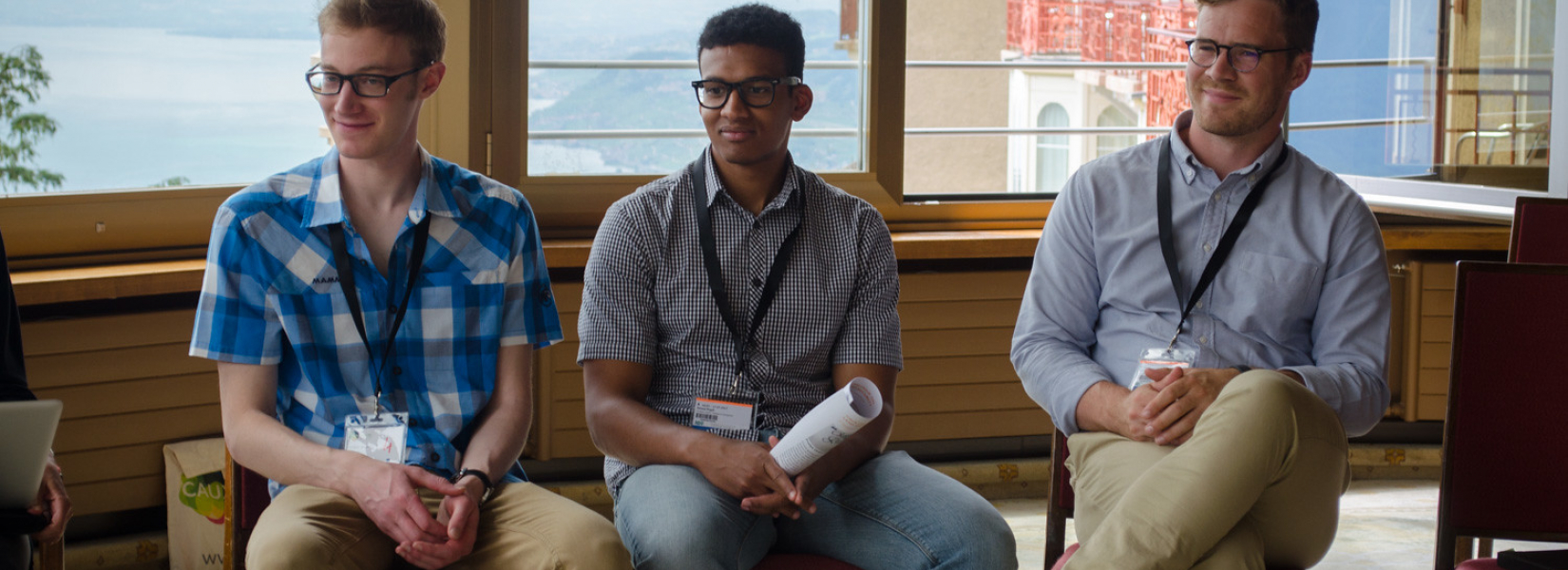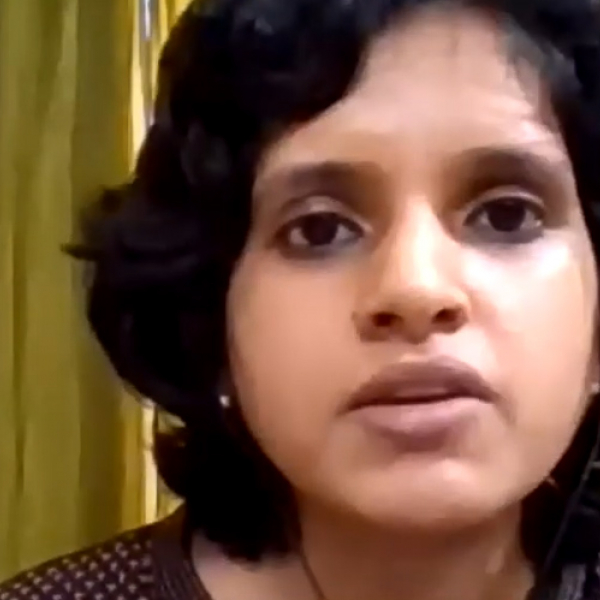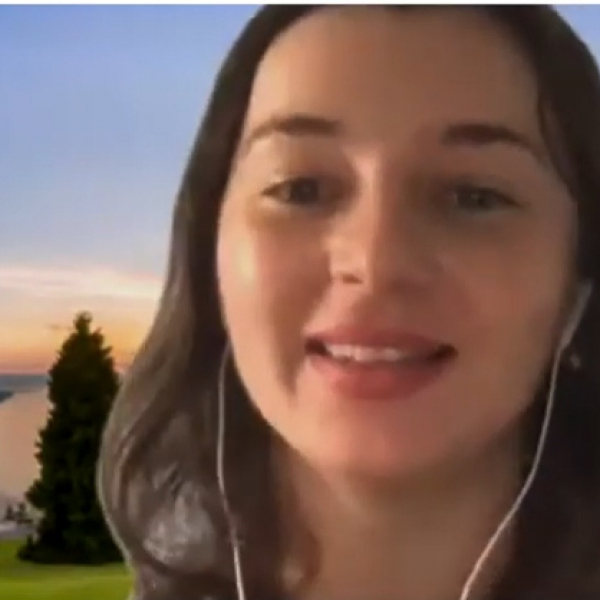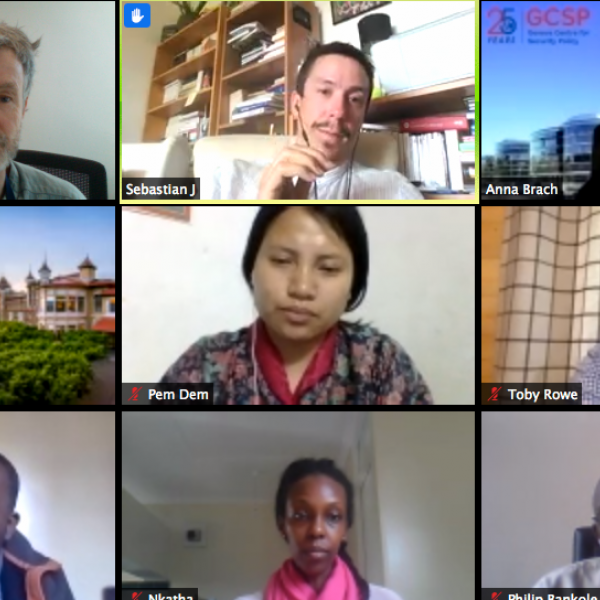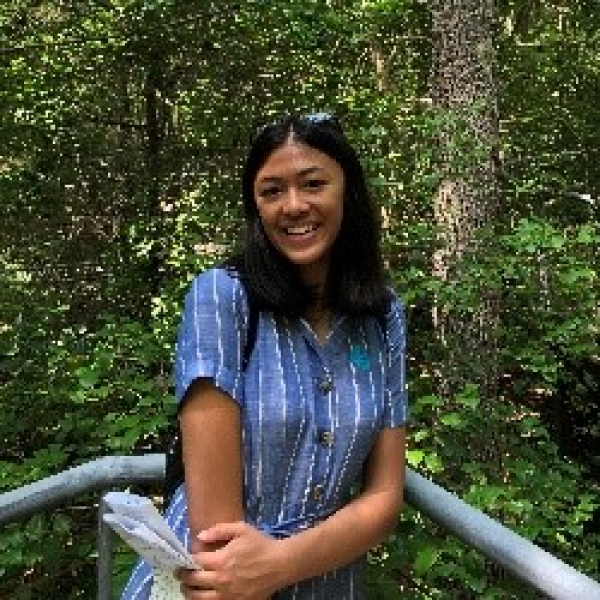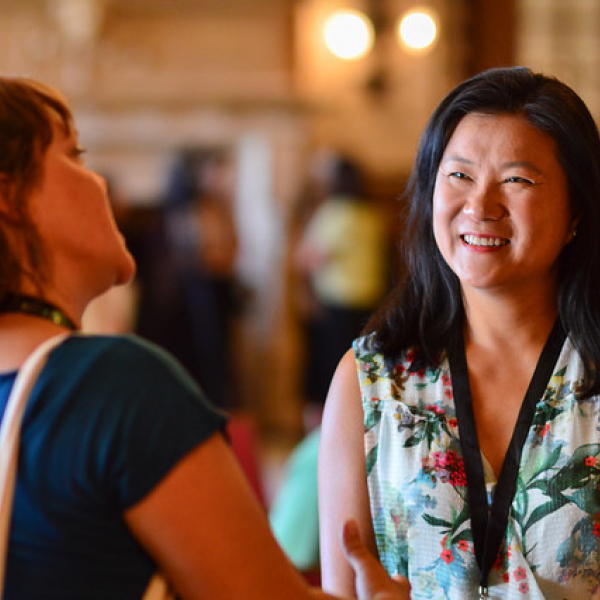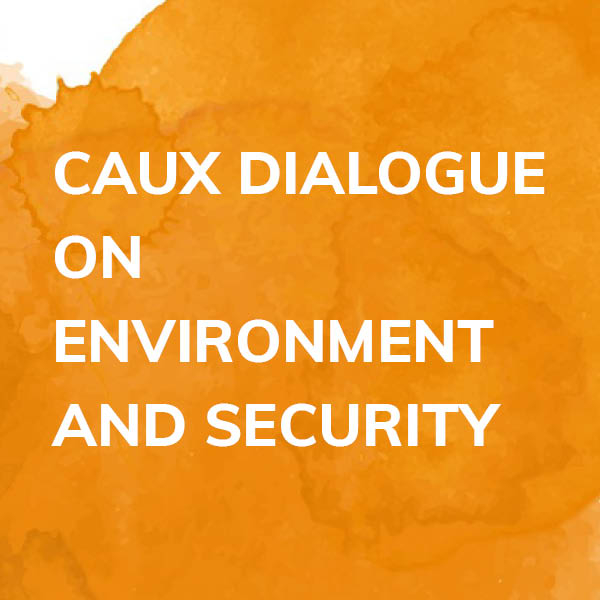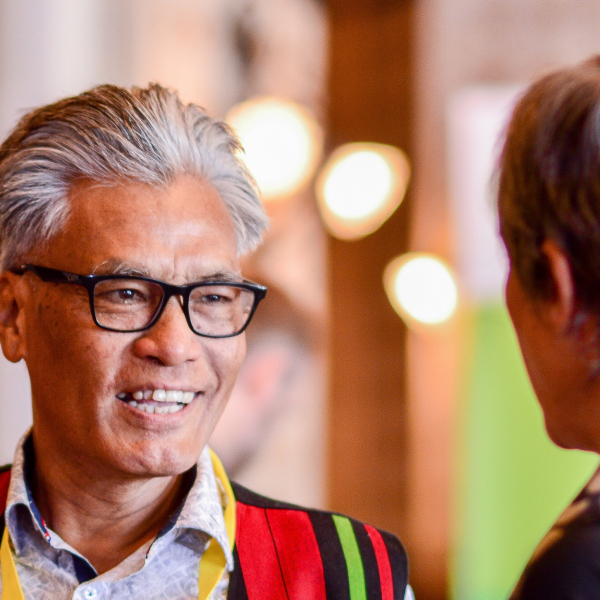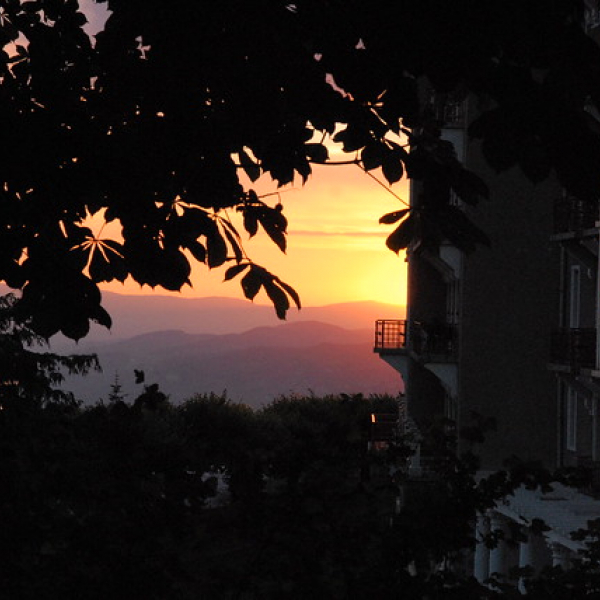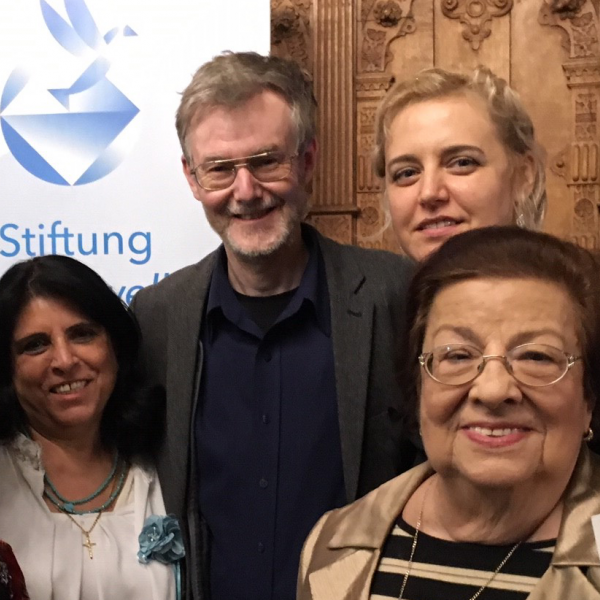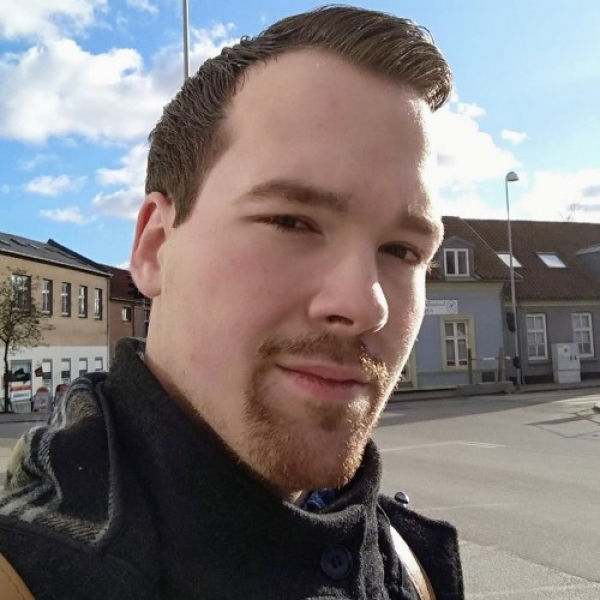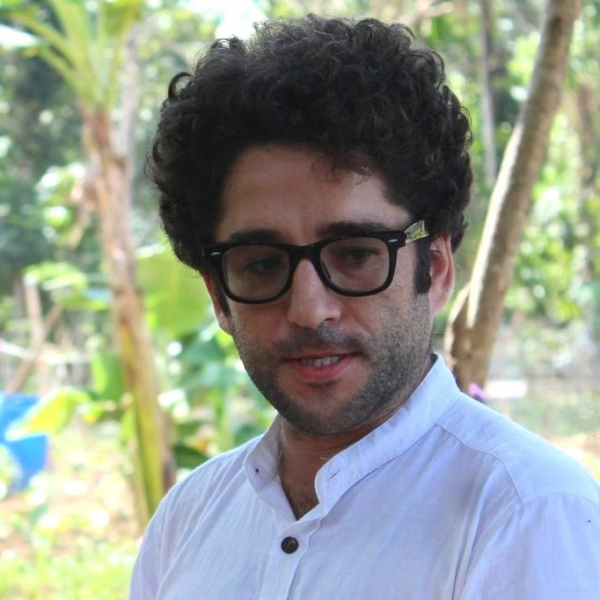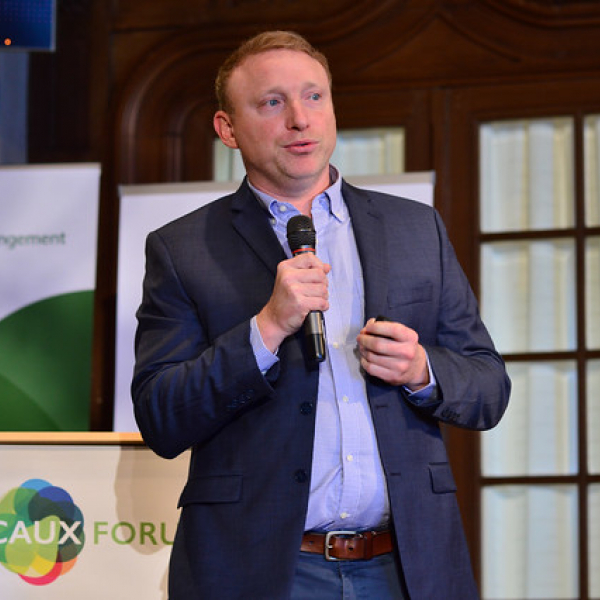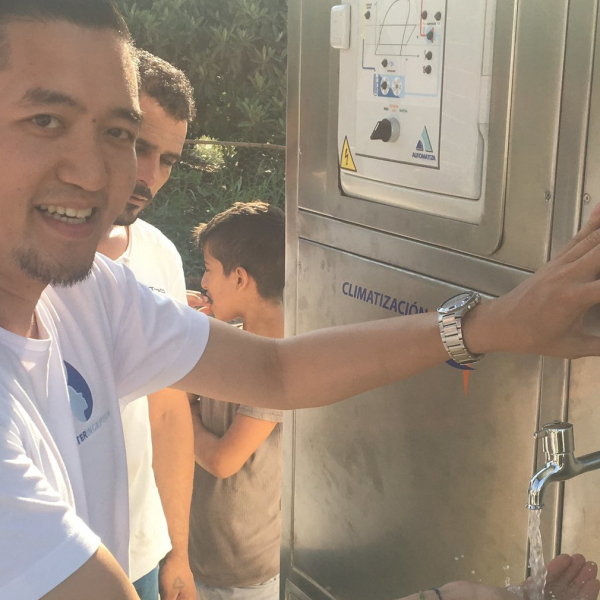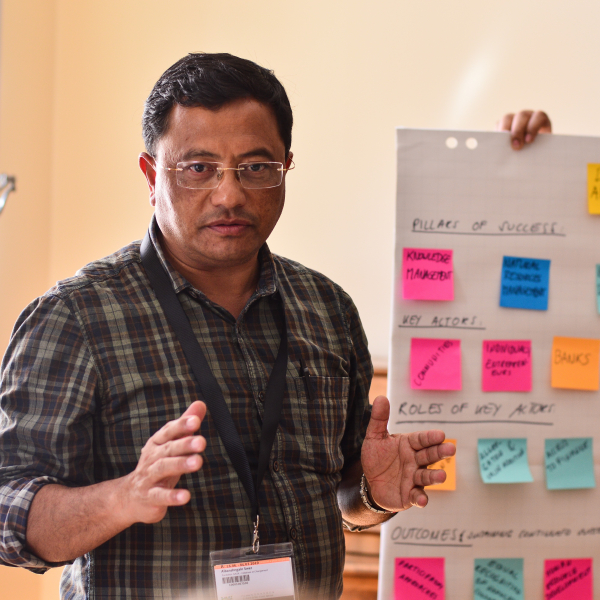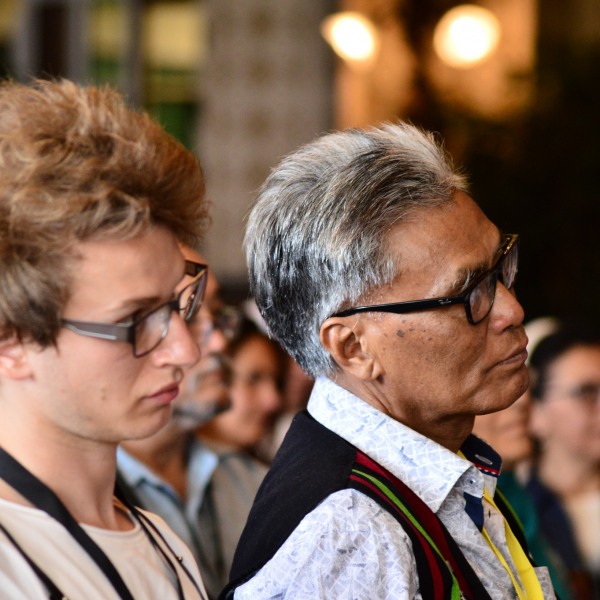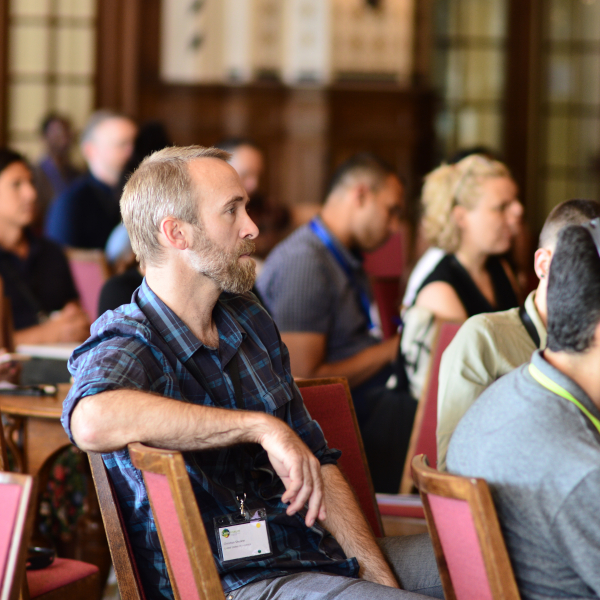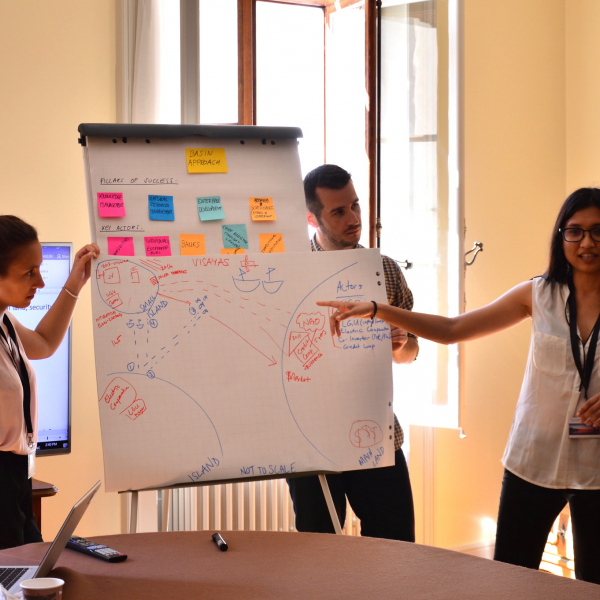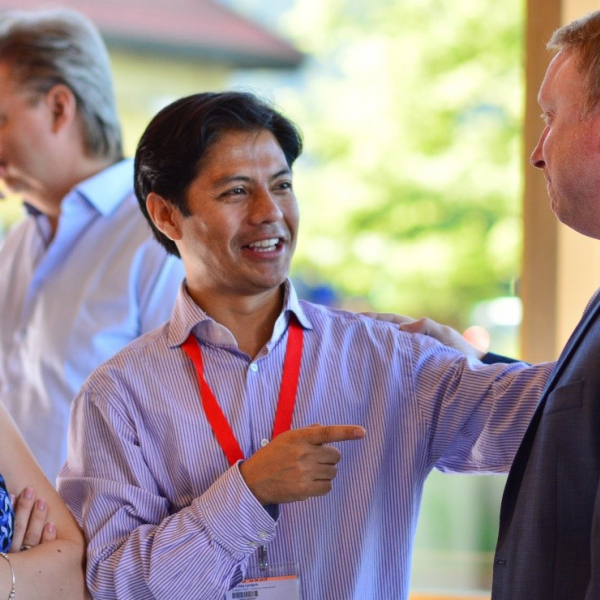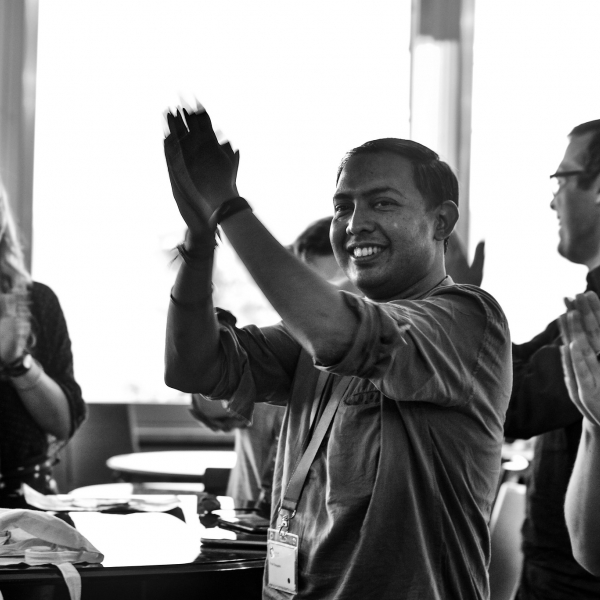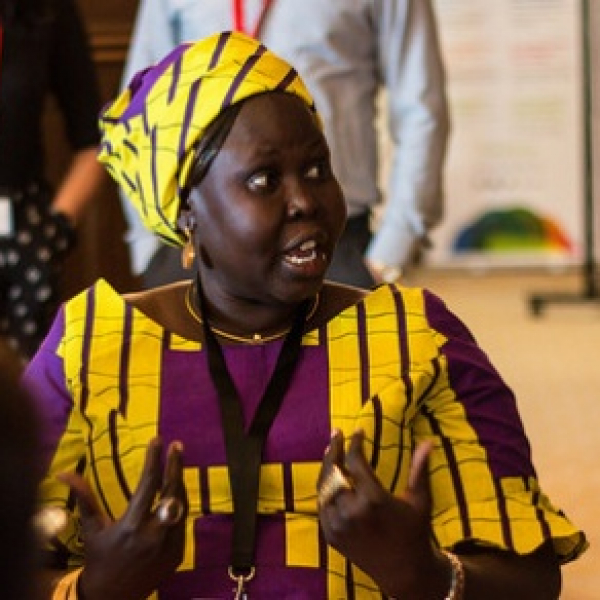
Caux Dialogue on Land and Security 2017
The business of land restoration and trust
- Read the report 2017
- Programme and schedule
- See more photos of the event
- Follow us on Facebook
___________________________________________________________________________
The case for tackling land degradation and conflict is clear. Land degradation costs businesses around $40 billion a year, and is a real risk to the future of the food, fibre, forestry and bioenergy industries. It reduces yields, threatens harvests, and destroys people’s livelihoods, until they’re forced to move to find work. Add weak governance and other socio-economic inequalities, and conflict often follows.
The solution? Uncovering new ideas to restore land and build trust, increase private investment, reduce the risk of conflict, lower the impact of climate change, and create new markets. That’s what the ground-breaking discussions at the Caux Dialogue on Land and Security 2017 aim to achieve.
We will highlight and explore the needs and opportunities for private sector investment in land restoration and trust building initiatives, and connect policymakers, investors and businesses with the very people leading the fight for land restoration across the world. It’s a unique opportunity to find solutions and plan of actions for urgent issues of our time.
Streams
CDLS 2017 will offer three workshop streams on Restoration, Peace, and Business. Streams create an opportunity for participants to go deeper into the subject matter over a sustained period. Each day will focus upon a different theme: Problems; Solutions and Creativity; and Possibilities and Dissemination. CDLS 2017 is designed to encourage cross-fertilisation and exchange between the streams to explore these vital issues holistically.
RESTORATION: landscape and ecosystem restoration models
It is slowly dawning on the world that land degradation is a serious issue, and from the UNCCD to Afr100, a plethora of initiatives have been born to try to turn the tide. But even the most visionary of them seem to deliver very modest outcomes: for example, the international community has a goal for Land Degradation Neutrality, but not for Land Restoration. And yet the promise that lies in being more ambitious is immense: we can, and should, restore most of the degraded ecosystems of the earth. This strand will explore the challenges and the promises – environmental, social and economic – of a full ecosystemic approach to land use.
PEACE AND GOVERNANCE:
Peacebuilding is central to land restoration and can be nurtured by healthy governance structures. This stream will focus upon case studies and initiatives from fragile and conflicted lands with a focus upon peacebuilding initiatives, peace economies and innovative governance structures that complement trust building. The need to scale up and disseminate successful models of grassroots and community peace/land partnerships will be presented and explored. Lands and communities in transition will be part of our explorations as we go deeper into contemporary challenges and opportunities. Contributions will feature initiatives in Northern Syria, Kenya, USA, the Philippines and more.
BUSINESS
Business stream will explore models and possibilities for investment that align with ecosystems and communities. It has been acknowledged that that private sector should play a wider role in landscape restoration, and that many environmental and social initiatives can benefit from private investment. But how to make small-scale projects investment-ready and how to leverage all the opportunities that arise from this new discourse? This stream will focus on new funding instruments, address how to bring private investments to landscape restoration projects and develop roadmaps for new projects.
Participants and contributors include:
- David Bergvinson, Director General, ICRISAT
- Gwendoline Raban, Senior Environmental and Social Scientist, Earth Systems, Monash University, Melbourne, Australia
- Leigh Winowiecki, Soil Scientist, World Agroforestry Centre (ICRAF)
- María Rosa Mosquera-Losada, Head of Crop Production Department, University of Santiago de Compostela; and President, European Agroforestry Federation
- Muna Ismail, Project Coordinator, The Yeheb Project
- Mark Schauer, Secretariat Coordinator, Economics of Land Degradation
- Patrick Worms, World Agroforestry Centre (ICRAF)
- Rhamis Kent, Consultant, Permaculture Research Institute
- Seth Itzka, Co-founder and Co-director, Soil4Climate
- Alan Laubsch, co-founder of Lykke
- David Addison, Director, Virgin Earth Challenge
- Dom Cox, Founder, FarmOS
- Lauren Fletcher, CEO, Biocarbon Engineering
- Sophia Faruqi, World Resource Institute (WRI)
- Willem Ferwerda, CEO, CommonLand
- Representatives from Yale University
- Ahmed Ekzayez, Director of Shafak Organisation
- Alan Channer, Steering Group Member, Initiatives for Land, Lives and Peace
- Bremley Lyngdoh, Founder and CEO, WorldView International
- Renald Flores, Accredited Professional of Savory Institute
- Severine Von Tscharner Fleming, Director of Greenhorns
- UNCCD report launch on land tenure
- Zimbabwe Ministry of Environment
- Martin Frick, is the Director of the Climate, Energy and Tenure Division at the United Nations Food and Agriculture Organization.
- Luc Gnacadja, Former Executive Secretary of the United Nations Convention to Combat Desertification (UNCCD)
- Jin In, Founder of 4Girls GLocal Leadership
- Dr Pradeep Monga, Deputy Executive Secretary at the UNCCD
- Prof Peter Head, CBE FREng FRSA, Ecological Sequestration Trust
- Richie Ahuia, Environmental Defense Fund
- Yousif el Tayeb, Executive Director, Darfur Development and Reconstruction Agency
- Lauren Fletcher, CEO, BioCarbon Engineering Honorable
- Charly Kleissner, Impact Investor
- Julia Marton-Lefèvre, Former SG IUCN
- Issa Mardo, Member of Parliament, Chad
- Oppah Muchinguri-Kashiri, Minister for Environment, Zimbabwe
- Carl Pendragon, Founder Skymining
- Simon Thuo & Alan Channer, Kenya Dialogue on Land and Security
- Dr Achim Wennmann, Graduate Institute Geneva
What past participants say
"I enjoyed the event and have gained a lot of insight from discussions with many participants, young and old!"
Martin Lees, former Secretary General of Club of Rome and Member of Gorbachev High Level task Force on Climate Change
"We’ve been introduced to organizations deeply trusted by local communities, so they are natural partners for introducing technology we believe has huge potential. They are a great bridge between what we’re building and what we hope to achieve – massive reforestation."
Matthew Ritchie, representatives of BioCarbon Engineering, CDLS 2016
